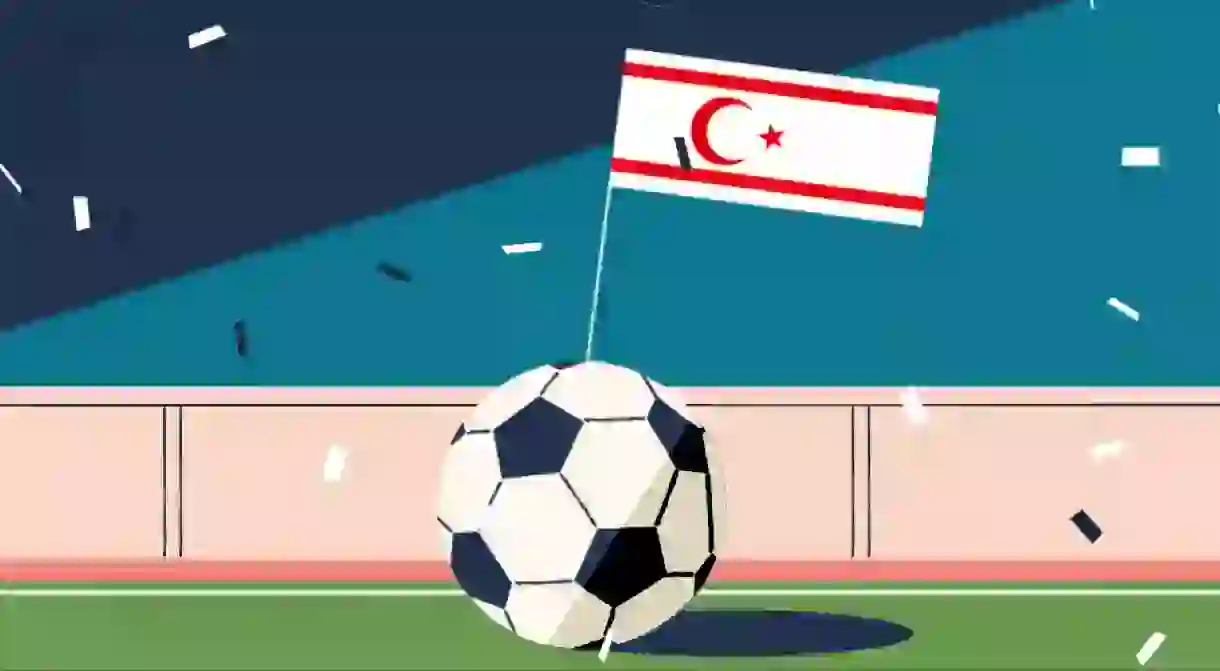A Brief Guide to Northern Cyprus

Situated in the eastern part the Mediterranean Sea, Cyprus is a small island with a historic divide between north and south.
Location:
Cyprus sits just south of Turkey and to the west of Lebanon and Syria. The northeastern part of the Cyprus is inhabited by Turkish Cypriots, while the rest of the island is home to Greek Cypriots. Northern Cyprus is the name that has come to mean this Turkish part of the island, or more officially, the Turkish Republic of Northern Cyprus (TRNC).
History:
Cyprus gained independence from Britain in 1960, with Turkish and Greek Cypriots power sharing, with both groups living across the entire island. Three years later Turkish Cypriots withdrew from the power-sharing constitution as a result of new legislature proposed by then President Makarios III, with violence becoming more commonplace between Greeks and Turks as a result. In 1974 there was a military coup against Makarios and Turkish troops were sent to the island. With Turkish occupation taking place, Greek Cypriots and Turkish Cypriots quickly migrated to different parts of the island, establishing a clear divide known as the “green line”. The TRNC was declared in 1983.
The divide was so extreme that it wasn’t until 20 years after its establishment that the first Turkish and Greek Cypriots crossed the green line for the first time, doing so to ease tensions between the two groups. In 2004 Cyprus joins the EU, but as one country, despite its ongoing divide. In 2008, formal negotiations between President Demetris Christofias and Turkish Cypriot leader Mehmet Ali Talat begin about reunification. These have since stalled due to leadership changes, (although the financial crisis has also played a part), but more recently have begun again. There are currently ongoing reunification discussions between President Anastasiades and Turkish Cypriot leader Mustafa Akinci.
Northern Cyprus are competing at the 2018 CONIFA World Cup, here’s everything you need to know about the tournament.
Political status:
According to Turkey, the TRNC is an independent, de-facto nation, although Turkey is the only nation in the world that officially recognises this, with the rest of the world considering it part of the Republic of Cyprus. The Turkish Army has troops based in the TRNC, which is seen as an occupational force by the international community and denounced by the United Nations.
The TRNC has its own president, prime minister and multi-party system. It relies on support from Turkey and as a result its government is influenced heavily by Turkish policies.
Demographics:
Northern Cyprus’ third official census was carried out in 2011, and recorded a population of 294,906. The vast majority of the region’s population speaks Turkish, although many speak English as a second language. The town of Rizokarpaso does, however, have a very small Greek Cypriot population.
Profile:
Population: 310,000 approx.
Capital: North Nicosia
Major languages: Turkish
Currency: Turkish lira
Major religions: Islam













